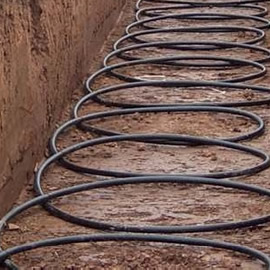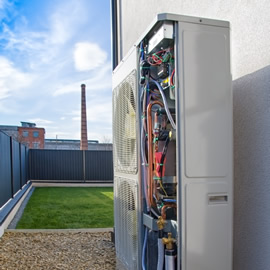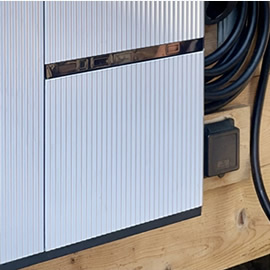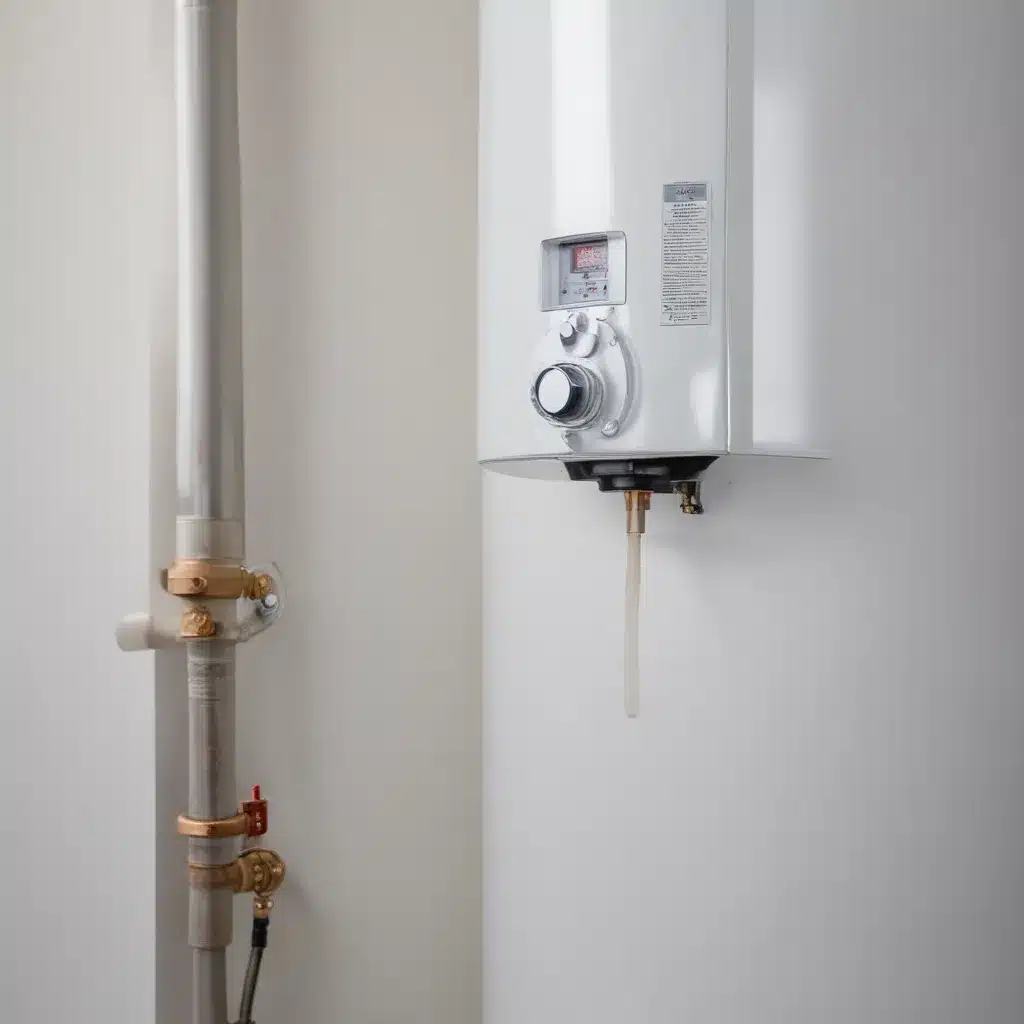
Optimizing Heat Pump Water Heater Refrigerant Charge for Peak Performance and Energy Savings
As an experienced water heater specialist, I’m excited to share insights on a topic that’s crucial for achieving maximum efficiency and cost savings with heat















